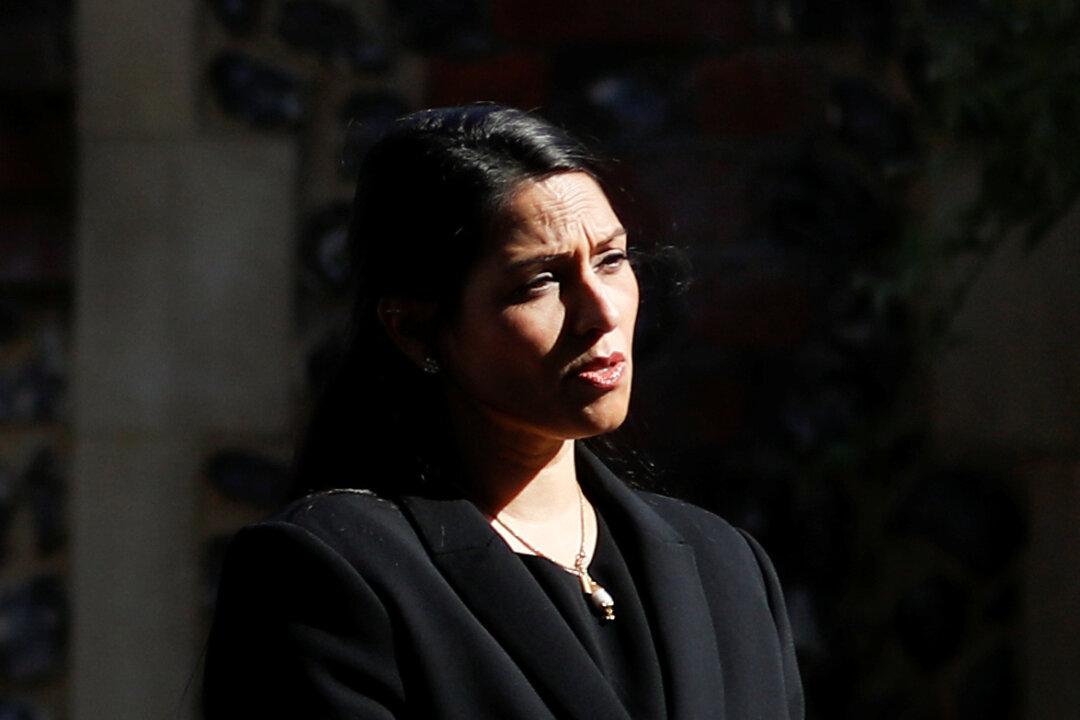Britain’s Home Secretary Priti Patel on Friday published a “first of its kind” national strategy to combat child sexual abuse.
It will “tackle and respond to all forms of child sexual abuse, relentlessly going after abusers, whilst better protecting victims and survivors,” Patel said in a statement.





